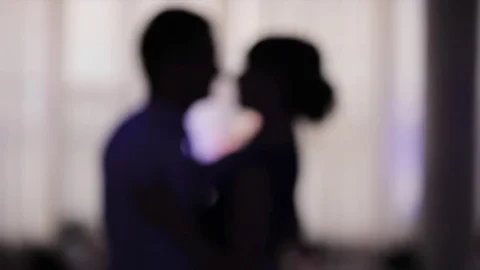What lyrics teach us about consent, gender, and relationships
Have you ever listened to a song you loved, only to pause at the lyrics and wonder what it’s really saying about relationships?
During my studies at university, one of my assignments was to write a blog post examining how language is used to construct gender in different forms of text, including advertising, songs, comedy routines and tweets. As a former dancer, I decided to dive into genres such as R&B, Pop, Bachata, Afrobeats, and Dancehall.
What began as an academic task quickly became something more: the analysis changed the way I viewed music. I could no longer see it as just entertainment, but as a message that reflects and reinforces the way society views love, gender, and power.
When Passion Sounds Like Possession
One of the songs I looked at was “Eres Mía” by Romeo Santos. A classic bachata track known for its smooth rhythm and passionate delivery, the kind of song that fills a dance floor. The slow beat and mellow tone make it easy to hum on a hot day while sipping a cold drink.
But when you strip away the melody and focus on the words, the message begins to sound different.
The lyrics repeat a simple phrase: “Eres mía” — “You’re mine.”
It isn’t sung as a hope or a request. It is a statement of fact, a declaration of ownership. The song suggests that no matter what the woman feels, chooses, or says, she ultimately belongs to him.
At first, it might sound like devotion or romantic passion. But beneath the surface, it echoes something deeper: the belief that love allows a man to override a woman’s consent.
Why These Words Matter
Phrases like “you’re mine” may feel harmless, a declaration of deep love. But when did we start mistaking possession for love? How can the need to own a partner be interpreted as loving them?
This is not love. It is the subtle reinforcement of gender norms. Throughout history, women have been treated as property, first of their fathers and then of their husbands. That legacy of ownership shows up even in the ways we talk about love.
And it is not just this one song. These kinds of lyrics reflect a wider pattern across genres and media. Again and again, we see persistence painted as romance, refusal rewritten as flirtation, and entitlement disguised as love. Over time, these messages risk normalising behaviours that undermine respect and equality. And while not every listener will absorb them literally, repetition matters. The more we hear them, the more they shape what feels “normal.”
The Link to Consent
Loving someone deeply and showing it is not the problem. The problem begins when passionate desire crosses into entitlement. When lyrics declare ownership over a partner’s heart or body, what is being expressed is not love but control.
In any society built on respect and trust, consent is never assumed or taken away. At its core, consent means choice. It means that someone’s “yes” or “no” is respected fully, without pressure or coercion.
For young people, who often learn about relationships as much from music as from families or schools, these lyrics set a troubling standard. They blur the line between love and possession, making coercion sound like romance.
Reflection
So, next time you hear “Eres Mía” or any song like it, pause for a moment. Ask yourself: if this message were acted out in real life, would it still sound like love? Or would it look more like control?
Call to Action
If we want to stop violence before it starts, we need to notice the messages around us, even in the songs we dance to.
- Share this blog with someone you know.
- Start a conversation about how music shapes our view of relationships.
- Because awareness is the first step to prevention.


Leave a Reply to Javeisha Powell Cancel reply